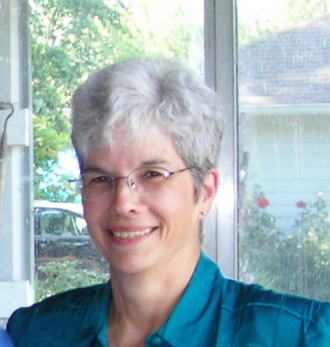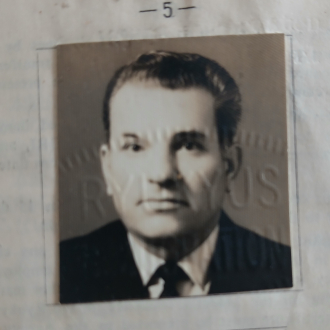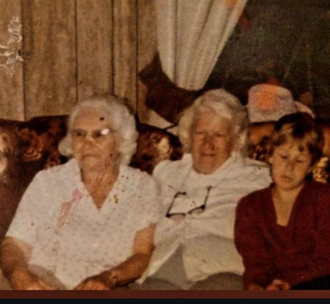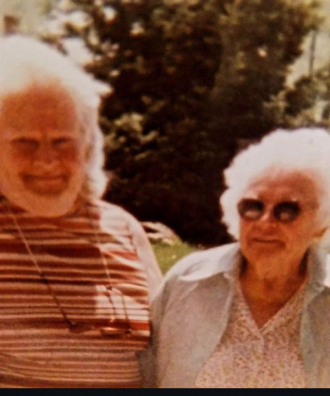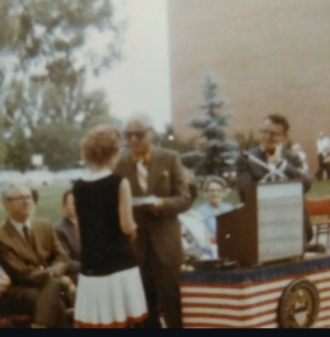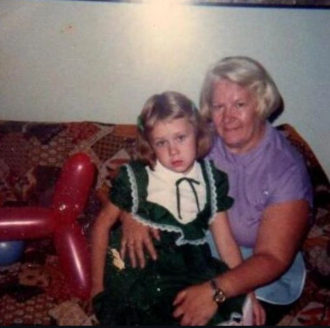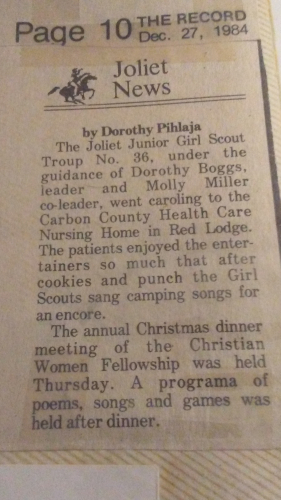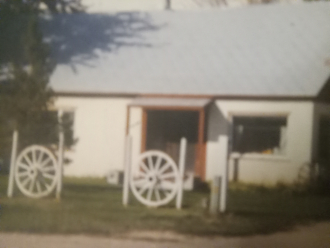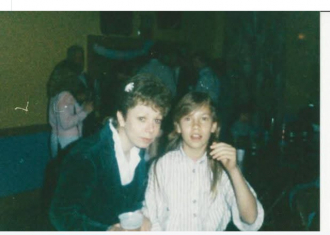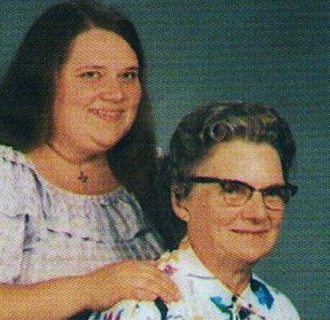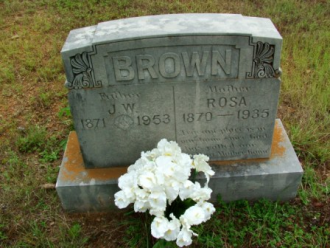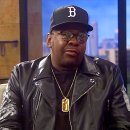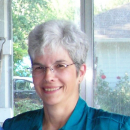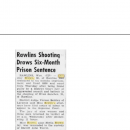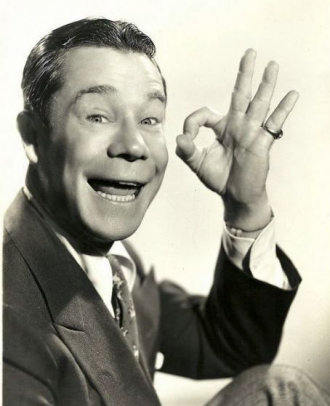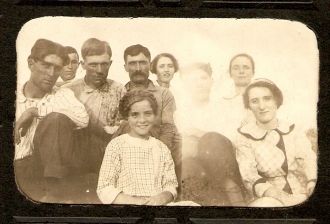Brown Family History & Genealogy
Brown Last Name History & Origin
AddSummary
According to one branch of the Brown family, the surname is primarily English, Scottish, and/or Irish. The surname Brown comes from a nickname, describing the hair and/or complexion of the person. The surname has roots in Middle English, Old English, Old French, Old Norse, and Germanic languages.
History
My ancestors were from Ireland and it was spelled Browne. I’m told my great grandfather Clem Brown started to randomly drop the e at the end and then it became that way.
Name Origin
We don't have any information on the origins of the Brown name. Have information to share?
Spellings & Pronunciations
A popular Brown variation is Browne.
Nationality & Ethnicity
The last name Brown is of equally English, Irish, and Scottish origin. According to one branch of the Brown family, the family is English, Scottish, and Irish.
Famous People named Brown
Are there famous people from the Brown family? Share their story.
Early Browns
These are the earliest records we have of the Brown family.
Brown Family Members
Brown Family Photos
Discover Brown family photos shared by the community. These photos contain people and places related to the Brown last name.
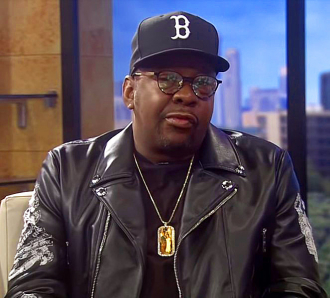

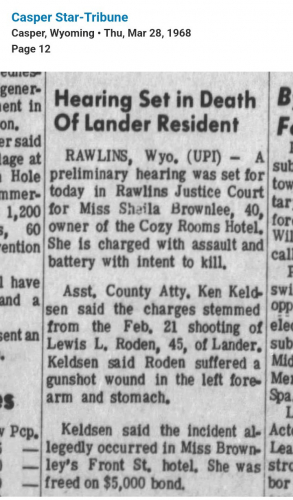
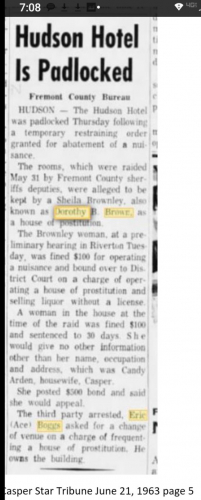
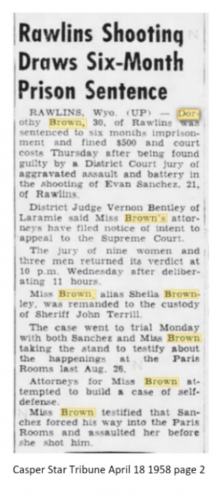
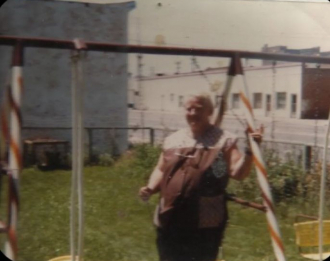
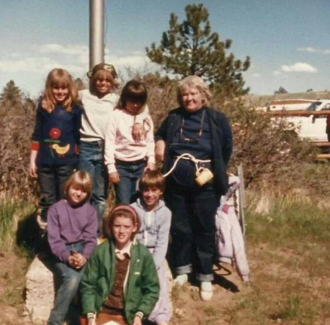
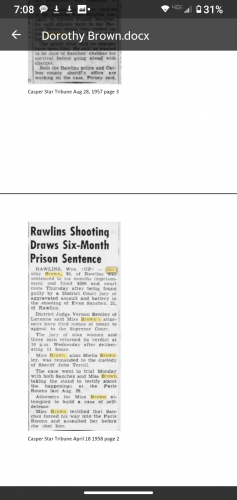
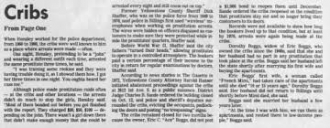
Brown Family Tree
Discover the most common names, oldest records and life expectancy of people with the last name Brown.
Updated Brown Biographies




Popular Brown Biographies

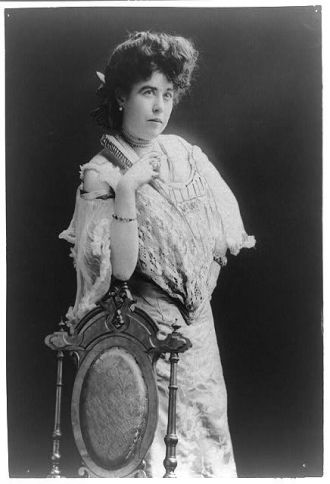

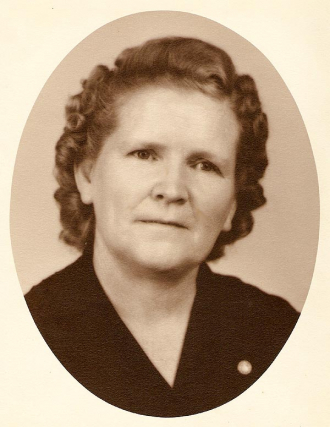

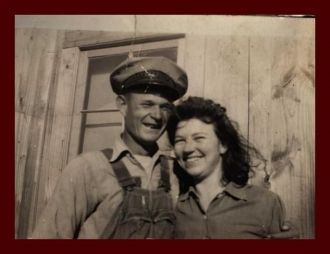

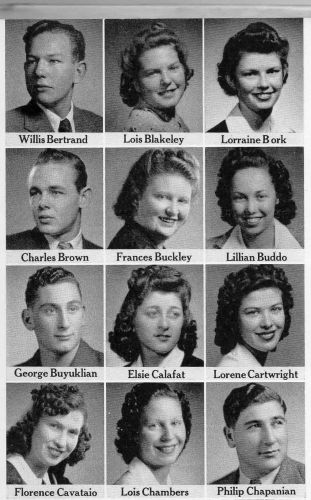

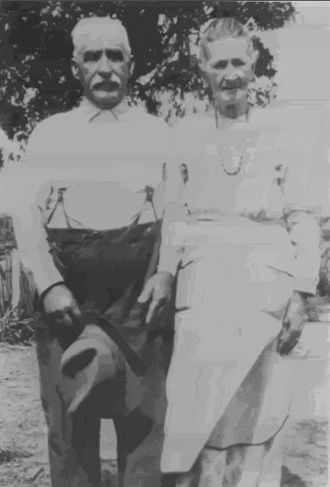

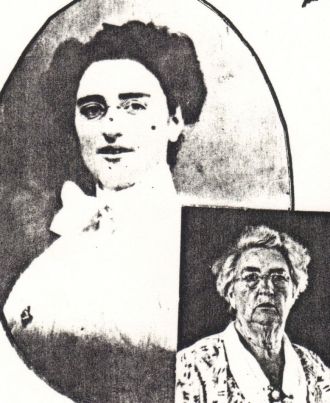

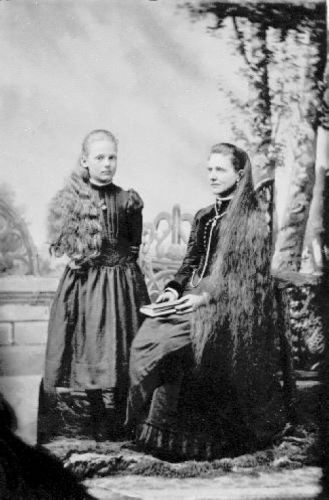

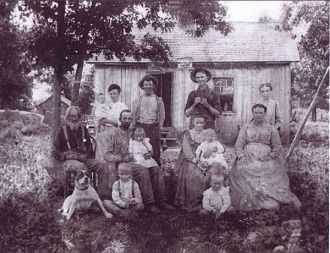

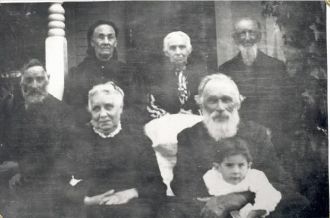

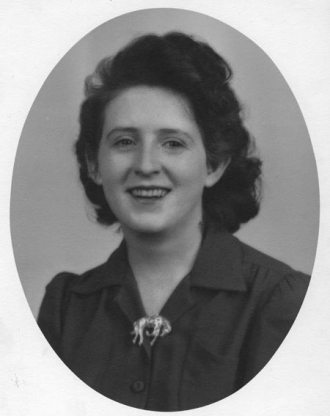

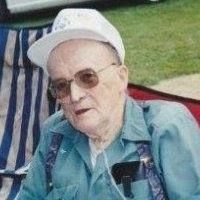

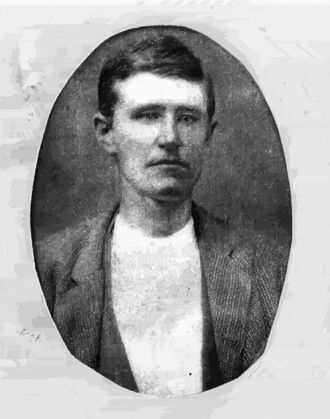

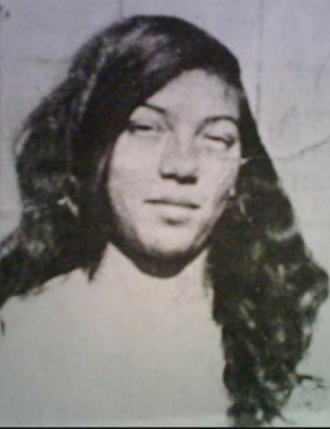

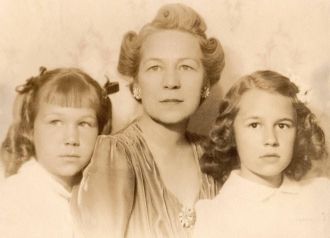
Brown Death Records & Life Expectancy
The average age of a Brown family member is 71.0 years old according to our database of 495,746 people with the last name Brown that have a birth and death date listed.
Life Expectancy
Oldest Browns
These are the longest-lived members of the Brown family on AncientFaces.
Other Brown Records
Share memories about your Brown family
Leave comments and ask questions related to the Brown family.
 Lori Russell
Lori Russell  DeMario Brown
DeMario Brown Mahalo
-Source, Boyd Neal Brown, son of Clinton Marcellus Brown
-Source, Ewell Lonnie Brown, son of Elbert Lional Brown
-Source, Georgia Adams, daughter of Feliz Grundy Brown
At the time of the California gold rush Shubael decided he must go to California to look for gold. Leaving his family behind, Shubael took off for California, and was never seen again.
Shubael’s brother, James Lewis, had started a law practice in Columbus, Wisconsin, and encouraged Sarah and her children to move there. This she did, setting up a small boarding house for the support of herself and her children.
At this time Harvey, a lad of sixteen, was in Madison serving an apprenticeship to a printer. In 1851, his training complete, he did not have the money to make the trip to Columbus where his mother was living. However, being the enterprising young man that he was all his life, he threw his sack on his back and walked the thirty miles to Columbus. He joined his mother and half-siblings, and began employment as a drayman to help with the support of the family.
When the Civil War broke out, Harvey was twenty-seven years old, and not yet married. He was anxious to sign up for the war, but his mother was very much against it. He was all she had left of her beloved first husband, and the only son she had left. She was hopeful he would let others take up the fight, but Harvey was determined to fight for his country. He immediately helped recruit Company I of the 31st Regiment Wisconsin Volunteers, and was subsequently commissioned first-lieutenant. He remained with this regiment until the 9th of February, 1864, when he was commissioned by Governor James Lewis, his uncle, as major of the 36th Wisconsin Volunteer Infantry. He went to the front with this regiment and participated in all its fierce battles.
James Aubery, in his book about the 36th Infantry, relates the following story:
“Major Harvey M. Brown rode a very fine Kentucky bred cream horse. Every soldier knew ‘Dandy.’ Brown was a very outspoken, warm-hearted, sympathetic man, but would do his duty ‘if it took a leg.’ One of the officers commanding a company in a regiment which was also going to the front, at the sound of that first gun was suddenly taken with a cramp in the stomach, dropped out and doubled up on the ground apparently in great pain. Major Brown rode up to him and said, ‘Captain, what’s the matter?’ ‘Oh, I’m so sick, I cannot go any further.’ ‘Captain, I am not of your command, but I will say remember your country, remember your company and remember your family.’”
In the historic charge over the “Melon Patch” on June 18th, 1864, Harvey Brown fell terribly wounded, and laid between the lines for the entire day and far into the night, when his mangled and almost lifeless body was finally secured under cover of darkness. In the morning he was transported to the field hospital, where the surgeon probed his wound in search of the bullet, which was never found. The operating table was under the branch of a tree to provide shade, and numerous amputated limbs were stacked under and around the table. Harvey waited in excruciating pain all day for the ambulance to arrive, only to discover he was to be transported in an army wagon, with only straw for a bed. The journey did little to ease his pain and misery. When he finally reached the hospital boat he was taken to Officers Hospital in Washington, where he recovered sufficiently to be removed home. He was never able to return to his regiment again.
Shortly before he was wounded, Harvey had been promoted to Colonel, but it was many months before the paper work was completed and it became official. After returning home and spending time recovering, Harvey became very active in his hometown. Within his first year home he had started a business, a store in a frame building, selling books, stationery, watches, clocks and jewelry. He was twice Mayor of Columbus, held many local offices, was postmaster during Mr. Cleveland’s first term, and raised fine Kentucky bred horses, which were his passion.
In 1868, three years after opening his store, Harvey was married to Helen Marie Cooper, daughter of Horace and Julia Ann Cooper of Columbus. To them were born two children:
Dorothy Nichols Brown, born 1882, married Nelson Webster in 1926, died 1963
Harry Willard Brown, born 1886, married Ellen Ayotte in 1908, died 1959.
In 1876 Harvey had a new store built in downtown Columbus. It was considered one of the finest buildings ever built in Columbus, and is still standing at this time. He continued to sell books, stationery, watches, clocks and jewelry, as well as school supplies, cards, wall paper, and even pistol cartridges and violin strings. He operated this store for twenty-five years, retiring only three years before his death. All those years he was a constant sufferer of pain from his battle wounds.
Colonel Brown died October 27, 1893. His legs had turned gangrenous due to the bullet wounds he had received during the war. The undertaker’s description of the body makes it obvious that he must have been in great pain towards the end of his life, although many people stated that he never complained.
H. O. Deysemeth, undertaker, stated in an affidavit in the matter of Helen’s pension claim, as told to and written by the Notary Public:
“On the 27th day of October 1893, he was called to the residence of claimant to take charge of the body of said H. M. Brown and found the body of said H. M. Brown in the following condition: his limbs were swollen and bursting open and discharging below the knees, and very much discolored, being very dark, and that mortification and decomposition had set in; his feet were black and said limbs were in such bad condition that deponent could not touch the same without gloves on his hands.”
Col. Brown was buried at Hillside Cemetery in his military uniform, the casket being draped with the American flag, and some of his comrades were pall bearers. Shortly after his death, the name of the local GAR Post was changed to the Harvey M. Brown Post. In 1895 a statue of a soldier was erected in Columbus in honor of the Columbus men who had served in the Civil War. At the dedication ceremony, thirteen year old Dolley Brown unveiled the statue
the North Carolina Wills
B.
page 270
[p.270] 1772 BROWN, WILLIAM, Margaret (wife), William, John, James, Susannah, Elizabeth, Margaret; also Robeson, Charity; Elliott, Constant; Wynn, Constant.
Transcribed by Kristine A. Card 8 August 1985
This will is in the State Archives in Raleigh, North Carolina.
The will is in good condition. The paper is a light brown color and the ink is dark brown, but it is very readable. The will was folded in half right along the line which reads "I give and bequeath to my daughter Margaret Brown one Cow and one year old lamb and". The ink on this line is much more faded than the rest of the document, but it is still readable. However, it is easy to see how the line could be missed if not studied with care.
The will was obviously written by a scribe and William Brown signed with his mark. The mark is visible between the words William and Brown with the word his over it and the word mark below. The mark is difficult to describe. There is a strong slanted line as in the letter X from upper right to lower left. The cross the other direction is very short and faint above the line of the other diagonal and below is looped and bent.
Almost every word was readable. The few words that were questionable I have marked with a question mark in brackets following the word, like this [?]. Also in one instance the word my was written where I believe he meant may. I have put may in brackets following my. I have done the same with Being [been].
I have kept all spellings as they are in the original document and capitalization’s as best I could determine. I have preserved all line divisions; because his lines are longer than mine, I have indented all continuations. There were no indentations in the original.
After the final word in the first paragraph, following, there is a broken line (dashes) from the end of the word to the right edge of the paper; likewise after the word distributed in the next sentence. At the end of each sentence that begins "I give and bequeath" there is a solid line from the last word to the right edge of the paper.
The word Seal after the name of William Brown is encircled with small, continuous arches, each interior point looped in a small circle. The best description I can think of is an elementary drawing of a cloud.
After the names of witnesses John Bentley and John Northen, there is something written in very small letters. It looks like the two are identical, and I believe both begin with the letter I, but that is all I could determine
-----
In the Name of god Amen I William Brown of the County of Roann in
The province of North
Carolina being of a perfect and sound memory tho of a Weak and
frail body and Calling to mind
that it is appointed for all men once to Die do Constitute and
appoint this my last Will and testament
Revoking and disannulling all other heartofore made by me:
Imprimis I give my Body to the
ground from Whence it was first taken and Recommend my Soul into
the hands of almighty
god Beseeching his most gracious acceptance of it: as to my
Burial I desire it my [may] be neat [?] and
decent without pomp or pride according to the Discretion of my
Executors hear after named
and as to this Wordly Estate it has Being [been] the almightys
pleasure to bestow upon me I Will
and desire in manner following…
I will that all my Just Debts be Justly payd before my Estate be
Distributed
I give and bequeath to my well beloved wife Margret Brown my
Improvement where I now
live and all my houshold furniture and my sheep and my work
horses and nine head of
Cattle and my hogs and my plantation working tools during her
natural life
I give and bequeath to my daughter Charity Robson one shilling
sterling and that is all I will give her
I give and bequeath to my daughter hannah Elliot one shilling
sterling and that is all I shall give her
I give and bequeath to my son William Brown one Cow and that is
all I shall give him
I give and bequeath to my son John Brown one sorril hors and that
is all I shall give him
I give and bequeath to my son James Brown one horse Colt and that
is all I shall give him
I give and bequeath to my daughter Constant wynn one Cow and that
is all I shall give her
I give and bequeath to my daughter Susannah Brown one Cow and
that is all I shall give her
I give and bequeath to my duaghter Elizabeth Brown one Cow and
that is all I shall give her
I give and bequeath to my daughter Margret Brown one Cow and on
Year old [?] lamb and
that is all I shall give her
I give and bequeath to my grandaughter Margret Brown the daughter
of Susannah
Brown one heifer Calf and that is all I shall give her
and the Remainder of my Estate If there be any left I leave unto
the disposial
of my wife Margret Brown
I do hearby through the love and goodwill I Bear to my well
beloved friend Henry
Strange appoint him with my well beloved wife Margret Brown as
Executor and
Executrix of this my last will and testament depending on their
faithfull discharge
In witness where of I have here unto set my hand and Seal this
nineteenth day of february
In the year of our lord one thousand seven hundred and seventy
two
Sind Seald and acknoledged in the
presence of us his
John Bentley William Brown Seal
Abner Cotton mark
John Northen
Note: See my profile for an image of this will or emailme at [contact link]
 Joanne Smith
Joanne Smith Jenny Brown was born in 1832 to Leonard Osborne and Elizabeth Melone in Greenbrier, Virginia(now WVA). She married David Fox sometime before the start of the Civil War. I have yet to find when David Fox died, but I have found from different versions of the same story that I was told by my Grandfather, that he died in Richmond, Va.
The real story, I believe, is that she did not "rescue" her husband, but instead travelled from Greenbrier, WVA to Richmond, Va with a wagon to retrieve her deceased husband.
Later in March of 1865, Jenny Brown, listed as Jane Fox, married Tinsley Brown,who was to become the father of My Great-great grandmother Martha Ann "Mattie" Brown.
It doesn't really matter which story is true or whether nothing heroic happened at all. To me, it is just cool, to finally see the Infamous "Jenny Brown",Grandmother Brown, in a photo!
"After the said Richard Brown's convincement his landlord sent him a couple of young hounds to feed and raise for him, being a wild airy man and given to sporting and merriment, but his tenant was not free to give countenance to such vain diversions and there fore did not comply with his desires, at which his landlord was much displeased, and Richard having generally paid his rent at a set time every half year to a steward appointed to receive the rents, he had not been careful to demand receipts, the steward appearing honest and trusty; but the landlord out of humour with him as above hinted, taking advantage of his neglect, came and demanded the rent. Richard told him it was paid at the proper day. The landlord then queried if he had a receipt, to whom he answered "No", as he had not been in the way of asking receipts, expecting there would be no occasion; yet the cruel man said "except you will take your oath that it is paid, you shall pay it to me;" and being of tender conscience on that account because he believed our Saviour had forbidden all swearing this Friend had to pay his rent over again.
After this the landlord was bitter and not fond of seeing him, being probably condemned in himself for such usage, yet turned him off the farm, and Friends at that time being viewed in an unfavourable light by many because of their singuarity and concientious scruples in divers matters which differed from the corrupt ways of the world, it occasioned him considerable difficulty before he found another farm to settle on to his mind. From his industry and upright conduct on the second farm he was in good repute and much in favor with his new landlord. The Lord prospered him in his worldly affairs and otherwise.
Followers & Sources


